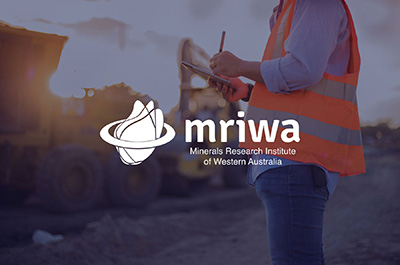Collar Keeper® System (CKS) Automation Phase
Project Overview
Project Number
Total Grant Value
Program Area
MRIWA Contribution
Project Theme
Project Period
The Challenge
Traditional blast hole drilling in wet and difficult ground (WA gold, lithium etc) requires the use of a process known as collar piping.
This involves:
- pre-drilling a 2m deep hole
- driller cuts and then manually inserts black irrigation or PVC piping (to protect the broken ground)
- driller changes drill bit size
- drill through the pipe for the production blast hole
The traditional process is cumbersome and involves repeated manual handling which results in:
- increased number of required personnel and safety risks
- delays in the drill schedule, and
- increased costs.
The increased costs can include re-drilling failed holes, fallback of cuttings.
The single use piping remains in the ground for the blast and contaminates the muck pile. This further impedes the extraction process by blocking the crusher circuit causing significant delays and costs downstream.
Proposed Solution
The Collar Keeper® product is currently deployed by an operator. The Collar Keeper® remains in-situ (protecting the blastholes from damage or loss) throughout the priming and explosive loading process and is removed for re-use just prior to stemming.
The aim of this project is to develop a sustainable and reliable automation process for the Collar Keeper® deployment from inside the drill cab, optimising the drill process and reducing required personnel and risks of the traditional piping process and manual deployment of the system.
Proposed Benefits to WA
This project is funded under the MRIWA Mining Technology, Equipment and Services (METS) Innovation Program. It demonstrates industry-led research which aims to develop new products, companies and markets for the Western Australian mining and minerals sector.
The automated Collar Keeper® System will allow the driller to remain in cab for the entire process and does not require manual handling or external input to complete the blast hole.
Key outcomes of the research project will be measured through:
- Removal of single use piping (cost, environmental and downstream benefit)
- Reduced litres of fuel burn by the drill rig for equivalent drill yield
- Increased operational personnel safety.
Similar Projects
Page was last reviewed 30 October 2024

